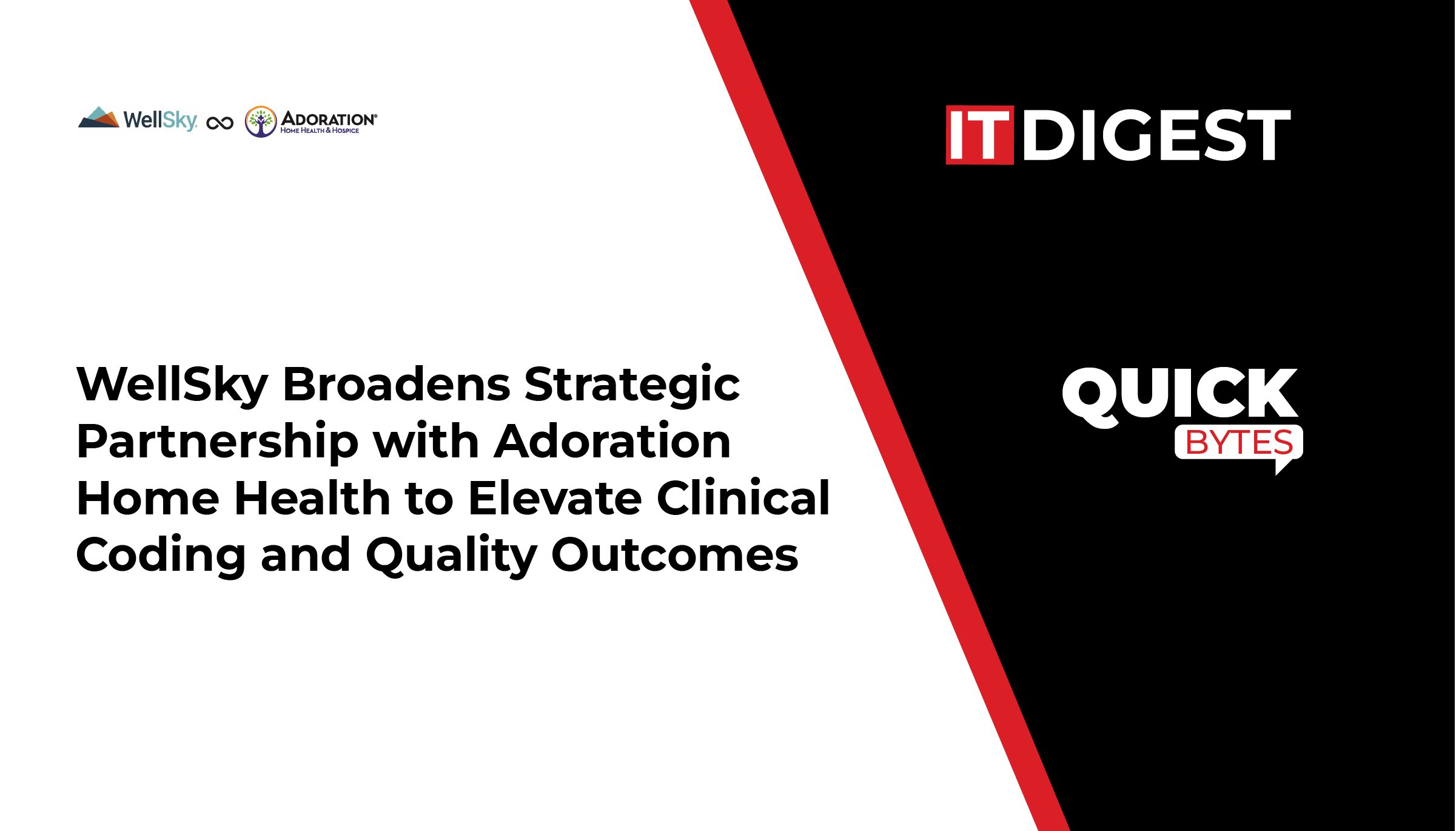SOPHiA GENETICS, a cloud-native healthcare technology company and a global leader in data-driven medicine, announced a new milestone in the global introduction of the liquid biopsy test MSK-ACCESS® powered with SOPHiA DDM™, first announced in October 2023. Under a definitive partnership agreement with AstraZeneca (LSE/STO/Nasdaq: AZN), SOPHiA GENETICS will accelerate the deployment of MSK-ACCESS® powered with SOPHiA DDM™ to 20 locations worldwide over the next 12 months.
Liquid biopsy testing offers a complementary alternative to solid tumor testing, which is not always feasible due to insufficient tissue, low quality tissue, or the invasiveness of the procedure. The testing works by isolating cell-free DNA (cfDNA) from blood plasma to uncover circulating tumor DNA (ctDNA). Isolating these DNA samples from a simple blood draw is less invasive than a traditional biopsy, helping to simplify patient monitoring and more quickly guide clinical decision-making.
Also Read: Intelligencia AI, HealthTech company, appoints the president of its Scientific Advisory Committee
MSK-ACCESS® powered with SOPHiA DDM™ is a decentralized version of the highly validated liquid biopsy test developed by Memorial Sloan Kettering Cancer Center (MSK), a top cancer treatment and research institution. The solution combines the sophisticated analytics, state-of-the-art algorithms, and decentralized, cloud-based offerings of the SOPHiA DDM™ Platform, with the scientific and clinical expertise of MSK in cancer genomics to provide a best-in-class liquid biopsy solution.
By increasing availability of MSK-ACCESS® powered with SOPHiA DDM™, SOPHiA GENETICS and AstraZeneca aim to understand how liquid biopsy testing can complement solid tissue testing, and in some cases, provide greater benefit for labs and patients. This understanding will help support the case for broad global implementation. Additionally, through a dedicated real-world evidence study, researchers will be able to evaluate the operational benefits of liquid biopsy testing, including the speed of results and the ability of users to consistently achieve high-quality data in a variety of laboratory settings.
SOURCE: PRNewswire
































